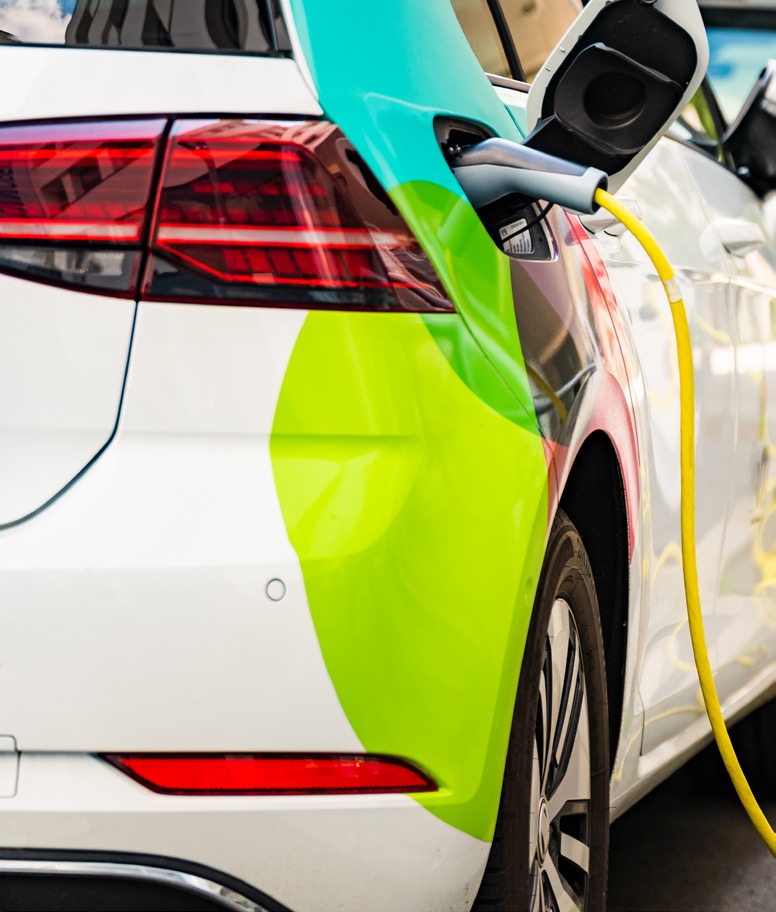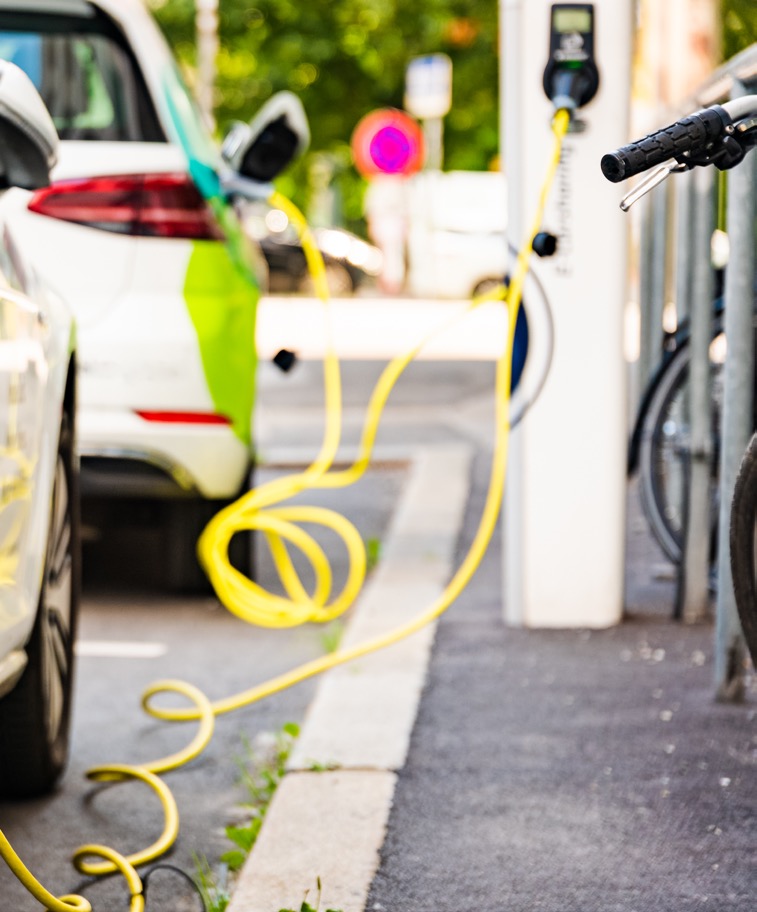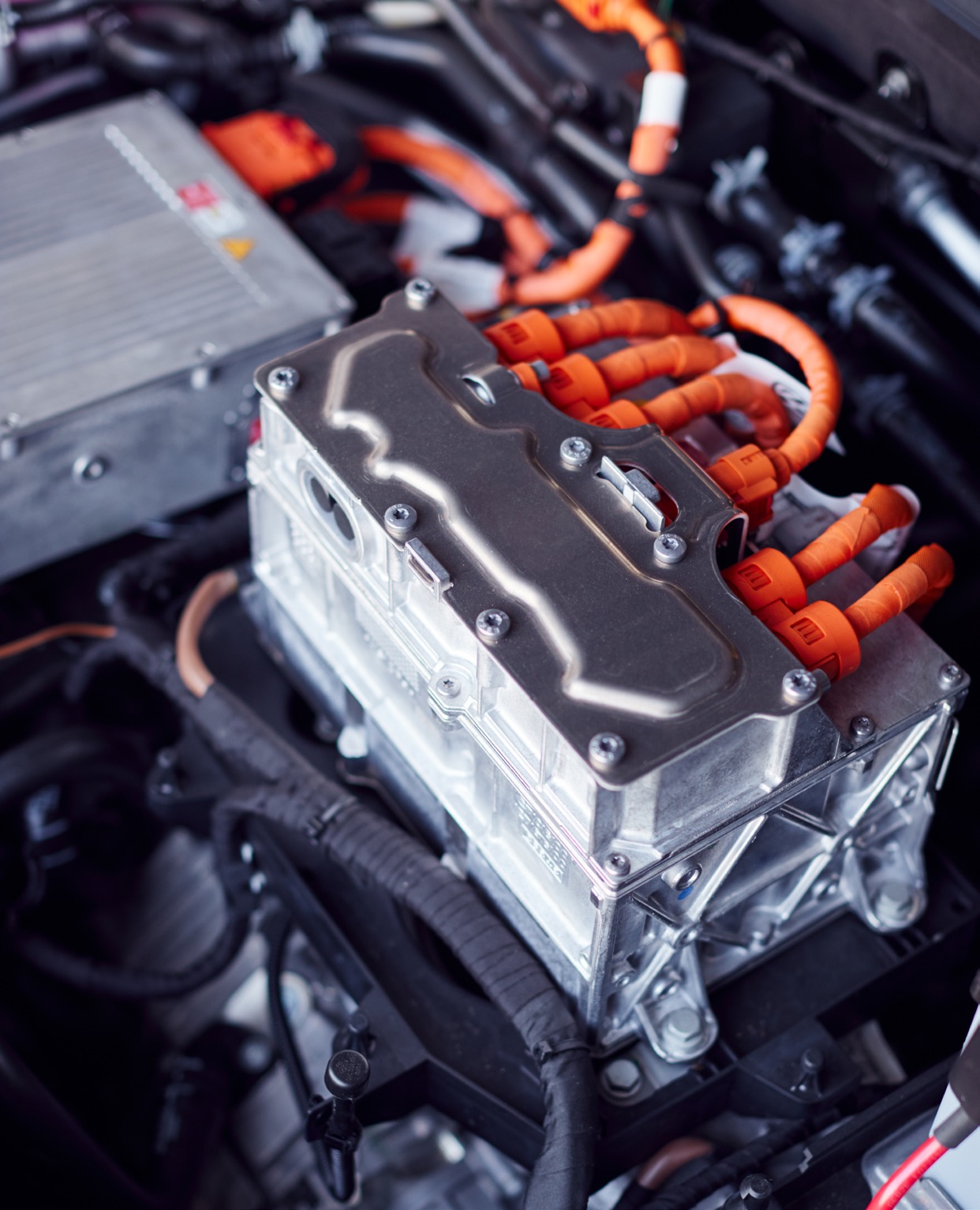There’s no longer any doubt about it: burning non-renewable fossil fuels, and the resulting pollution are major contributors to climate change which is being experienced around the world.
Droughts, floods and unpredictable weather patterns are being felt in almost every country across the globe. It’s clear that our reliance on fossil fuels has caused major damage to the environment and is no longer sustainable. In addition, geo-politics demands that every nation in the world needs to consider alternative energy sources. The current war in the Ukraine illustrates Europe’s dependence on gas and oil supplies and the major oil suppliers have a stranglehold on global economies.

In light of the changing trends, it makes sense for Zimbabwe to establish more sustainable practices. Zimbabwe is currently dependant on imports of oil, petrol, diesel and gas and thus needs to become more self-sufficient to preserve and grow our economy. The alternative energy industry has just begun to grow and the future looks bright with growing development in solar and hydro-powered industries – creating new jobs and employment opportunities.
One of the latest trends around the world is the movement towards Electric Vehicles (EVs), Hybrid Electric Vehicles and Plug-in Hybrid vehicles. EVs are totally reliant on electrical charging for energy; Hybrids use a combination of electrical power and petrol or diesel fuel without needing electrical backup (the vehicle recharges the battery while in use) and Plug-in Hybrids use a combination of petrol or diesel and electrical power.
Most major car manufacturers are steadily moving towards EVs with a number of manufacturers planning to move to solely electrical power in the next few years. Well-known car manufacturers include Tesla which is currently the biggest manufacturer of EVs, – BMW, Nissan, Chevrolet, Ford, Volkswagen, General Motors and Kia among others. Luxury brands like Mercedes, Jaguar and Rolls Royce have also joined the bandwagon in the manufacturing of electric vehicles, whilst some car makers plan to phase out petrol or diesel production completely in the next few years. Protypes for electrical vehicles have been around since the early 1900s but cheap oil and gas made them redundant – until now.
So, what the pros and cons of buying an electric vehicle in Zimbabwe today?
THE PROS ARE:
- Electric vehicles dramatically reduce your carbon footprint. Electric and hybrid vehicles produce far less environmentally damaging gasses and emissions and can help to reduce atmospheric pollution. Harare has recently seen a huge increase in the number of vehicles on the road with a corresponding increase in air pollution. Many people dismiss this theory but the increase in smog and related health problems supports the fact that petrol and diesel pollution is a serious problem.
- Depending on the source of your electricity supply the power used is renewable rather than finite. Solar and hydro power electricity generation is renewable and sustainable while power generated from fossil fuels is not. Zimbabwe depends largely on electricity generated from the hydro- power station at Kariba, which is considered sustainable, while the power generated from the Hwange coal powered generators contributes to environmental degradation – both in the mining and burning of coal.
- EVs can be powered by solar or hydro generated energy, although
this is still an area for major future development in Zimbabwe. This is an important source of future job creation for training and technicians. Green power production is set to become one of the main sources of employment
in the world and help to make a huge contribution to employment in Zimbabwe. - EVs are generally cheaper to run than conventional gas powered vehicles. Currently the cost of petrol and diesel in Zimbabwe, and around the world, is prohibitively high and looks set to continue rising. Although there hasn’t been too much research locally studies carried out by Jaguar in South Africa suggest that EVs cost around a quarter of the price of petrol or diesel vehicles per kilometre. EVs are particularly efficient in stop/start traffic as they do not constantly consume fuel to stay on.
- Maintenance costs for EVs are much lower than for conventional vehicles. Mechanical engines have a lot of moving parts, including pumps and valves, along with fluids that need changing. Because electric vehicles don’t have as many components that need replacing less maintenance is necessary. You never need to change the oil, transmission fluid, spark plugs, fuel filters or drive belts with an EV. Brakes won’t wear as quickly either, so you won’t need to replace pads as often as you do on a normal car. Electric cars also generally last longer than their gas-powered counterparts because of less wear and tear.
THERE ARE HOWEVER SOME CONS RELATED TO EVS:
- There are currently very few charging stations in Zimbabwe. DPA, a subsidiary of Econet, has already opened three charging stations in Harare with plans to open another 17 across the country. ZUVA, on the 5th of May 2022, issued the following official communique: “In line with their Sustainability Strategy, ZUVA has partnered with the Local Electric Car Manufacturer EVCA – Electric Vehicle Centre Africa, also known as BYD Zimbabwe, for
the development and implementation of the first-ever Electric Vehicle charging network available for public use in Zimbabwe. The project will start with a prototype charger that is to be installed in Harare at ZUVA Borrowdale and subsequently, electric vehicle charging stations will be installed at ZUVA service stations within cities around the country and along major highways.” - The scarcity of charging stations makes hybrid vehicles much more attractive at the moment. EVs can be charged at home using either the local grid network or solar power but this option needs to be developed further in Zimbabwe. Installing a home charging system, whether reliant on the grid power supply or solar can be extremely costly. In addition, the cost of new electric vehicles in Zimbabwe is still comparatively high, although that might change in the future as more options become available.
- EVs have a limited range of kilometres per charge – current models have a range of around 300 kilometres for a full charge although some luxury vehicles have a much higher range. This makes EVs much less attractive for longer road trips although Hybrid vehicles are more attractive as their fuel consumption is much lower and there’s less chance of running out of power in a remote area with no handy charging station close by.
- EVs can take a while to recharge. If you drive a petrol or diesel vehicle you can usually drive into the service station, fill up, and be on your way in 5 minutes. EVs can take anything from 30 minutes to 12 hours to recharge depending on a number of factors. The battery size determines the time it takes to recharge – the bigger the battery the longer it takes. If you let your battery run down significantly it’ll take longer to top up. An empty battery will take longer to top up than a battery with a partial charge. Some drivers top up frequently when their battery reaches 80% so it doesn’t take as long to reach a full charge. The vehicle’s charging rate is static, hence some vehicles can accept a faster charge than others. The source of the vehicle’s power input will affect charging time – charging up at home can be quite slow while rapid charging stations will be much faster. Hybrids never need to be charged as the batteries are automatically charged up as you drive.
- The current lithium-ion batteries have a finite lifespan and will probably need to be replaced at least once during your car’s lifespan. At present a new battery pack can be expensive costing up to several thousand dollars. In addition, there is some controversy surrounding the environmental impact of mining and processing of lithium. The batteries also contain other minerals like nickel, cobalt and manganese which have an environmental impact both in their extraction and in their disposal.

Without doubt fully electric vehicles, hybrids and plug in hybrids are the future of transportation in Zimbabwe and around the world. Future technological developments will make owning and running EVs much more economical and attractive. ZERA is fully on board supporting the sales of EVs and establishing the infrastructure needed to support the move to a more sustainable future.
The leading supplier of EVs in Zimbabwe is BYD situated at: 31 AirPort Road Hatfield, Harare
[email protected] Phone: 0242 572 887 / 573372
Text by Michael Nott

